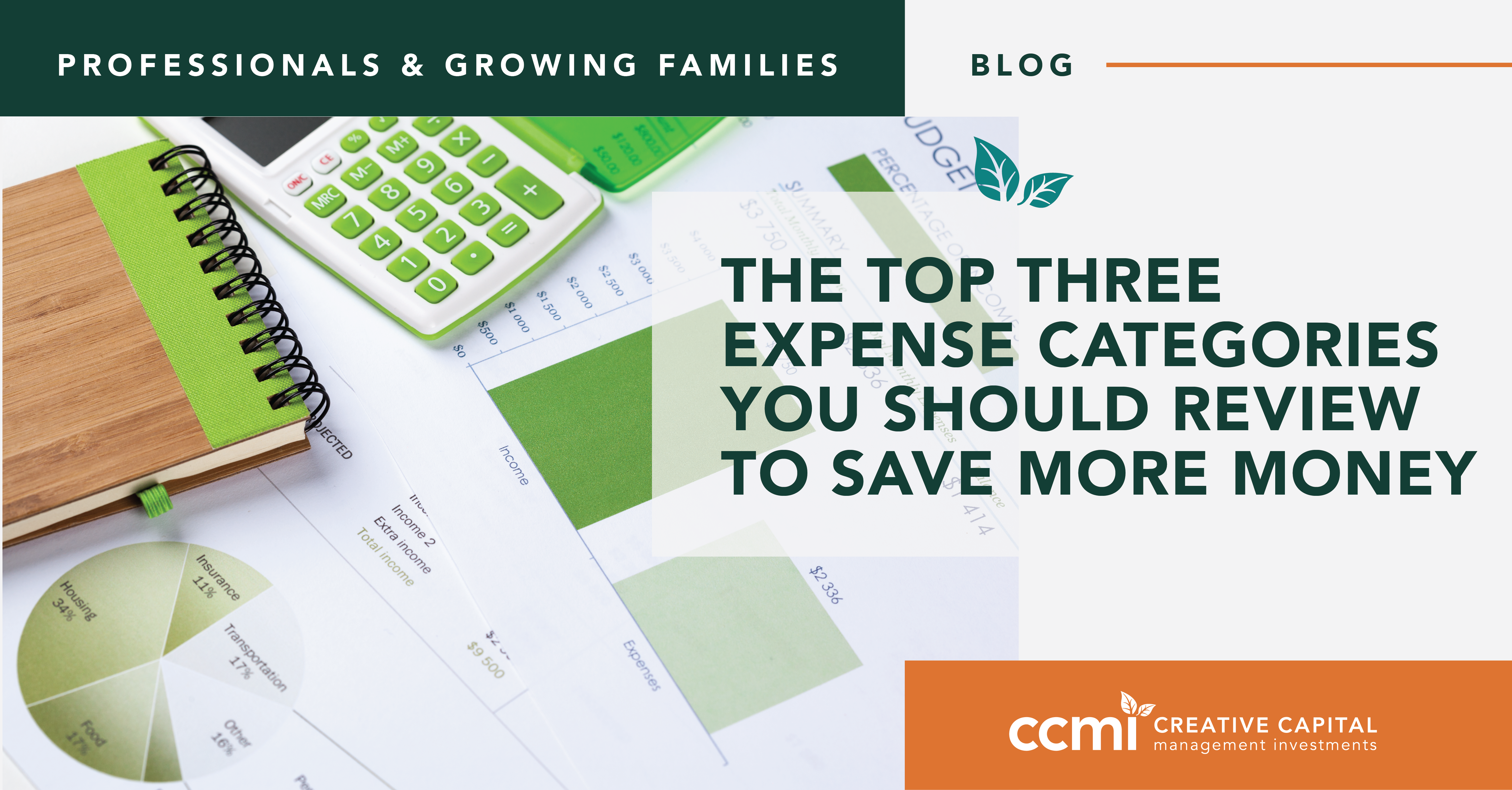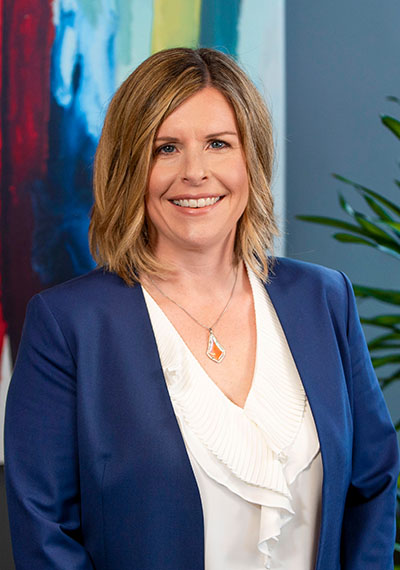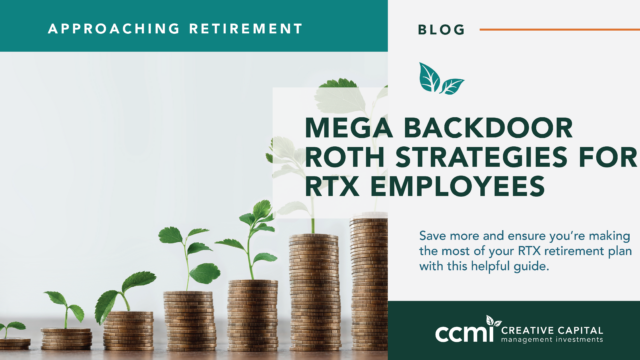“Skip your daily coffee run.” “Pack a lunch.” We’ve all heard money-saving tips like these, and while small, daily practices can save you some money, there are three areas you should review if you want to save significantly more and make a greater impact: housing, transportation, and food. Focusing on saving is important for several reasons, from building emergency funds to retirement, so we will share how you can save and invest more to help achieve your short- and long-term goals.
Where Do Americans Spend Their Money?
According to the Bureau of Labor Statistics, The average American spends 62% of their household budget primarily on housing, transportation, and their food expenses.
Housing
Housing expenses generally represent the highest percentage of the average American budget at around 34%. This could be even more in high-cost areas such as San Diego, where the housing market is currently going through the roof. When you can review your housing expenses, which can include mortgage or rent, insurance, property taxes, and more, there’s a huge opportunity to save more if you live well within your means.
Managing housing costs can be different for everyone. For example, renters can consider moving to another home when their lease ends that has lower rent or staying at their current place while their income continues to increase. If you are considering buying a home, you must evaluate housing costs over and above a mortgage such as property taxes, insurance, and maintenance to determine if it’s the right time to buy for you. Developing a financial plan helps you see the bigger picture and ensure your spending and saving are aligned with your goals.
Transportation
Transportation costs make up the second-largest expense category for Americans at 16%. According to Experian, the average monthly payment for an auto lease is $467, and for a new car purchase it’s $568. These are already high monthly costs and don’t even include gas, insurance, registration, and maintenance expenses. To help reduce costs in this area, you may consider comparing and switching insurance policies, using rideshare options, and doing regular maintenance to help offset more costly car issues later.
Food
The final expense of the big three is food, which makes up 12.5% of the average American budget. At first glance, this may seem like an easier category to cut costs, but that may be a challenge if your food and entertainment budgets tend to overlap. Many people enjoy trying new restaurants or hosting dinner parties with friends. Managing food costs may be driven more by a value and quality of life factor than strictly a financial one for you. The goal is to review how much you’re spending in these areas, balance what’s important to you (such as spending time with loved ones), and ensure it still supports your long-term objectives.
People spend money according to their priorities, which are different for everyone. Still, if you’re interested in saving and investing more for your and your family’s future, it’s helpful to question if your spending compares to the average American. Look at your expenses, breaking them into percentages, and determine if they reflect your goals and values. Taking it a step further, creating a financial plan can help you understand how your spending, expenses, and future goals work together and help inform and motivate your decisions in the present. If you need help exploring financial plan options, building a budget, or other savings opportunities, please contact our team to discuss.
CCMI provides personalized fee-only financial planning and investment management services to business owners, professionals, individuals and families in San Diego and throughout the country. CCMI has a team of CERTIFIED FINANCIAL PLANNERTM professionals who act as fiduciaries, which means our clients’ interests always come first.
How can we help you?






